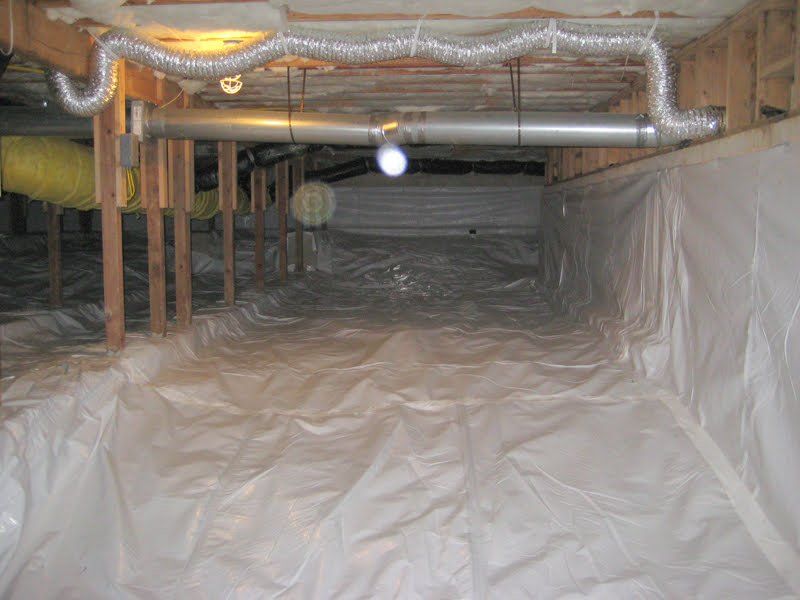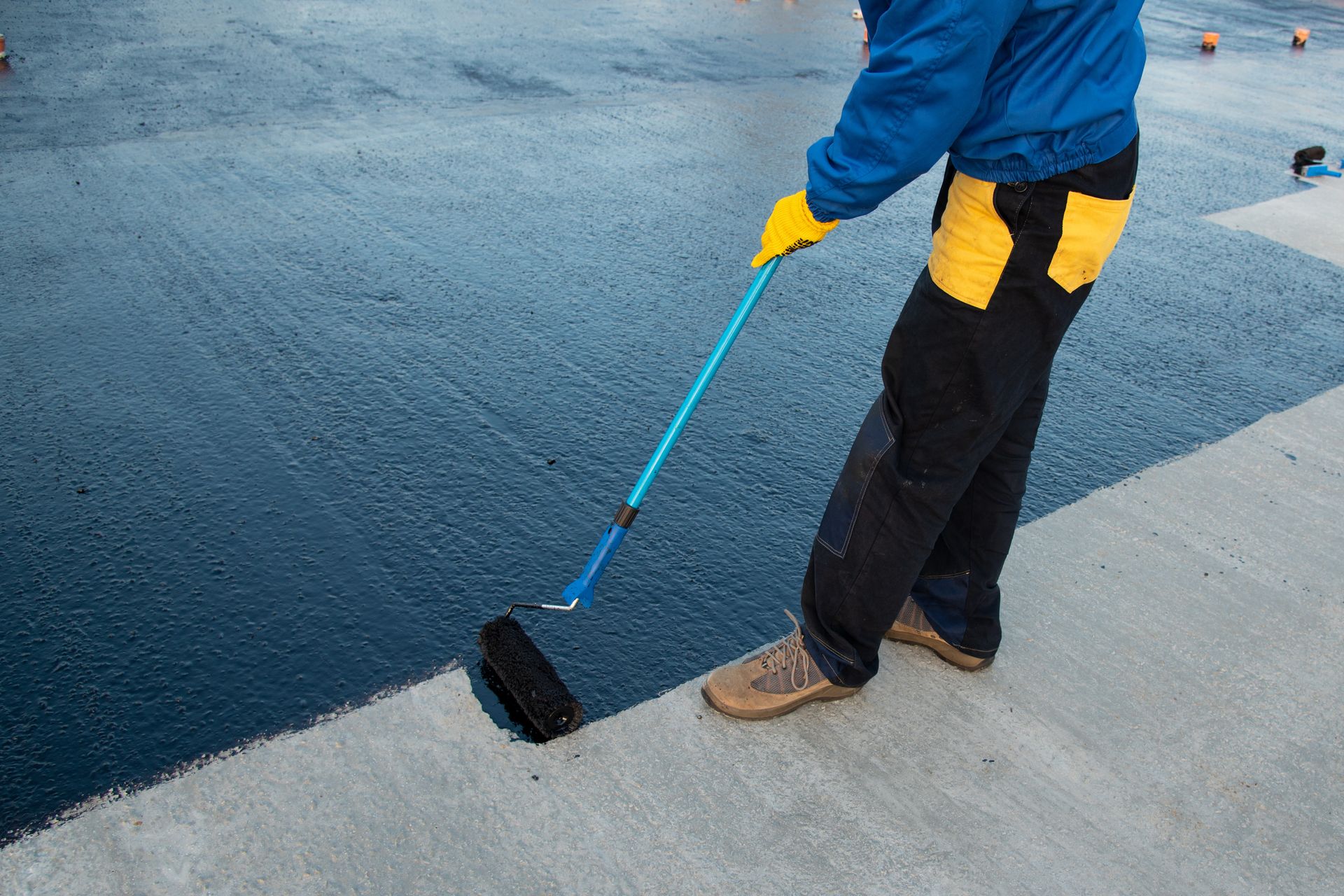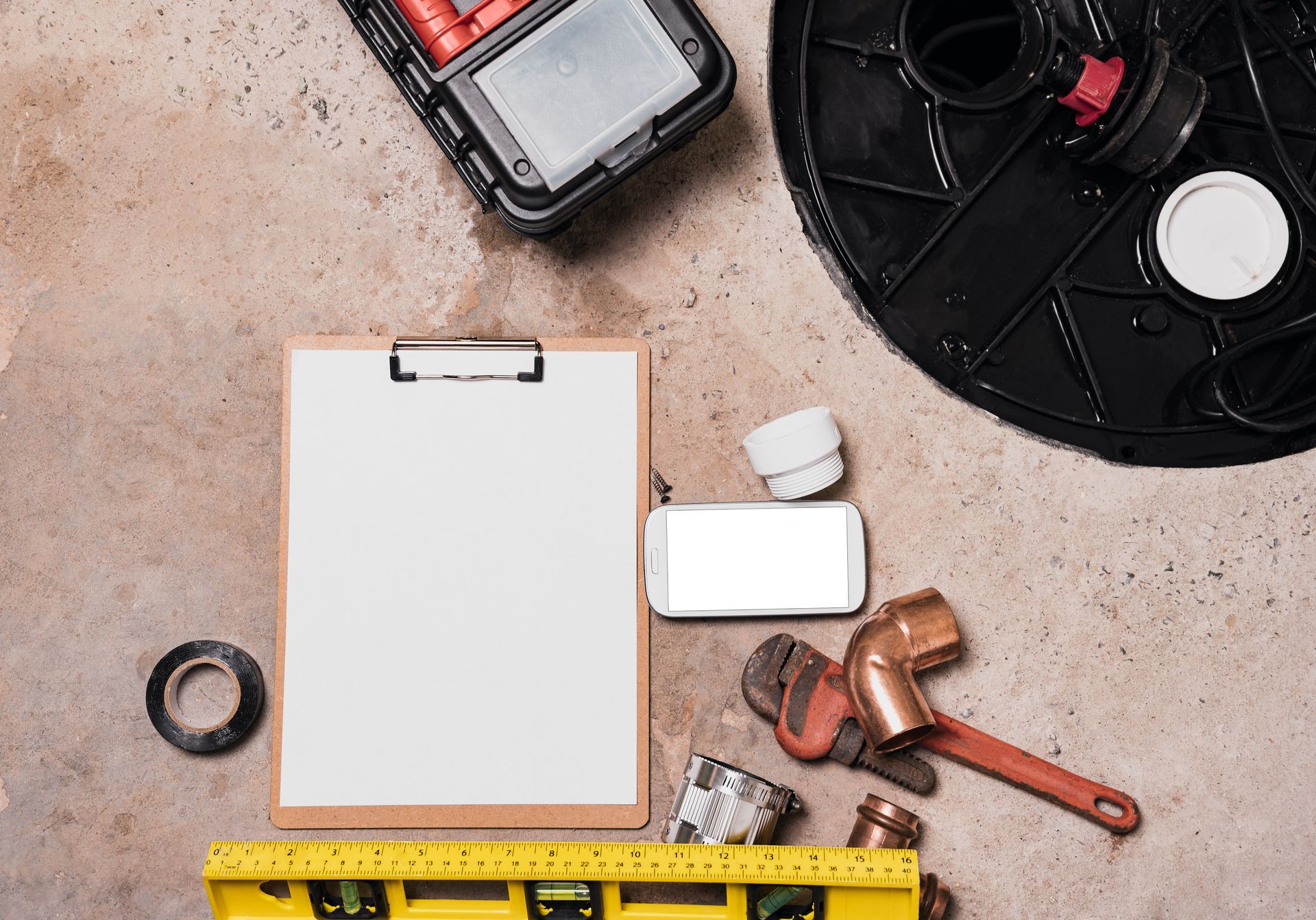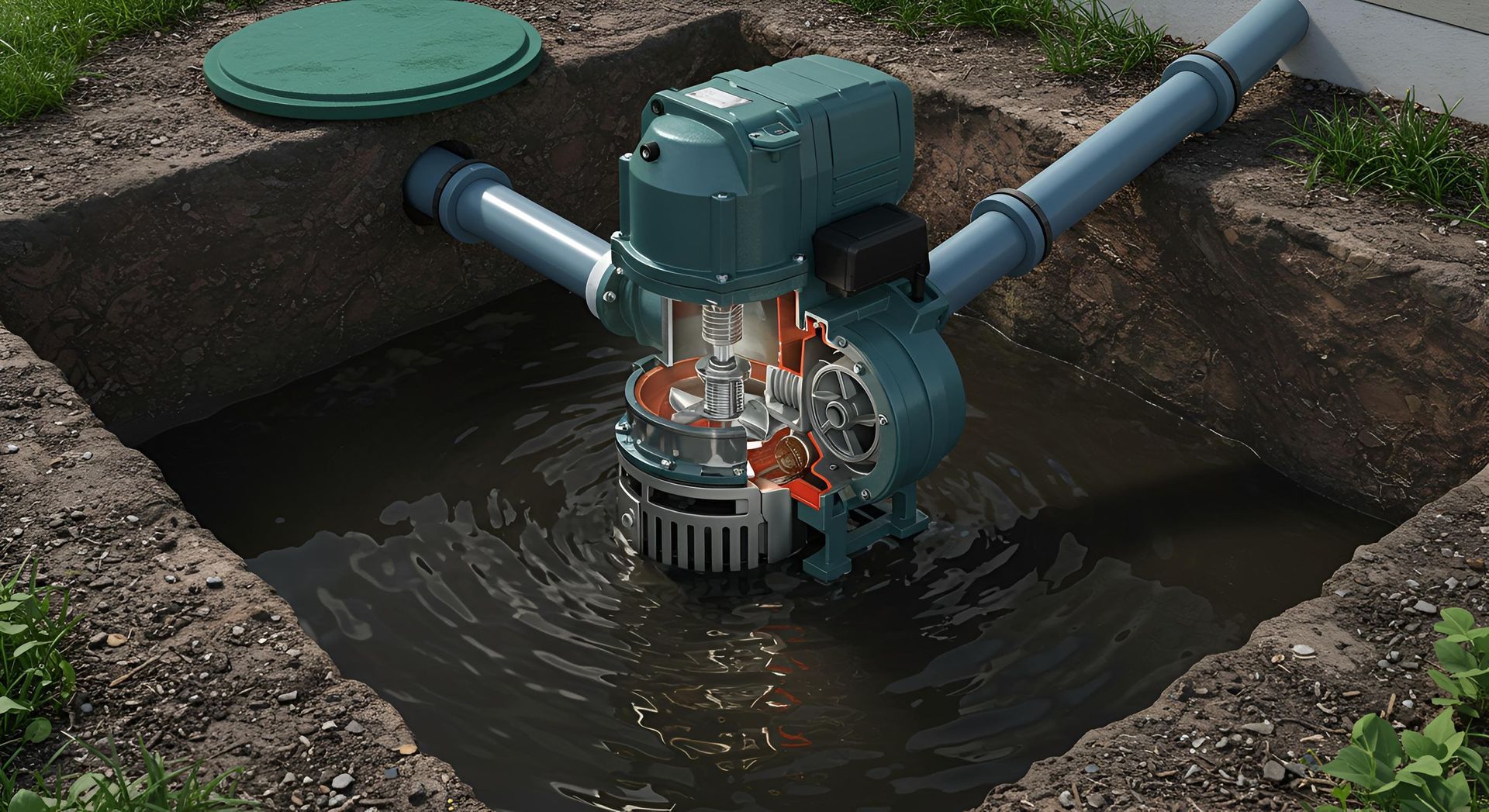Why Should You Waterproof Your Basement and Crawlspace?

The basement and crawlspace of your home are probably subgrade, which means they partially or fully sit below the groundline. This puts them at a higher risk of flooding. Floodwater can come from outside due to poor drainage issues and excess rainwater, or it can rise directly through the ground from groundwater.
This can be incredibly problematic and can lead to a variety of future problems. If you would like to know more to better protect your home, check out these three reasons you should waterproof your basement and crawlspace.
1. Insurance NEVER Covers Ground Water Damage
Insurance would only cover a mechanical failure, such as an existing pump failure but if you have that rider on your policy. Insurance does cover plumbing leaks but the 2 are not the same & an experienced adjuster would find the difference on their inspection. Flood Insurance does not cover Groundwater either it only covers you from a lake, stream, river, or other a water tributary that rose & came into your home if deemed “flood area” by FEMA.
Homeowners’ insurance is great protection in the event something happens to your home, such as a fire. However, most homeowners’ insurance does not cover flood damage. Some water damage may be covered, but it must be sudden and unexpected. For example, if a storm caused a tree branch to destroy your roof and that damage caused water damage, you may be covered.
However, flood damage is typically seen as a gradual event. Damage that happens gradually or due to issues with general maintenance is typically not covered by homeowners' insurance because it is considered the responsibility of the homeowner to maintain and protect their home.
Therefore, if you experience flood damage, you will likely have to pay for everything out of your own pocket. On top of that, flood damage repair can become expensive, especially if you have a finished basement with carpet and drywall. These materials quickly absorb water and experience severe damage. Ideally, you should remove and replace any affected drywall and flooring.
2. Floodwater Brings Pests and Disease
Floodwater doesn't just bring water; it brings disease and pests along with it. Pests, of course, are attracted to the water because they need water to survive. If pests can find shelter, food, and water in your home, they will move in.
Some pests are mostly harmless, but others can spread disease, especially thanks to their droppings. Droppings and dying pests can cause unpleasant odors and attract more pests. Pests like rats and mosquitos can bring dangerous diseases like leptospirosis and malaria, respectively. In other cases, pests may damage your home further by burrowing into wood.
Even if pests don't arrive, the standing water can harbor a host of diseases. Floodwaters often contain sewage and other contaminants. This can lead to infections, rashes, GI trouble, tetanus, and many diseases. Common contaminants found in floodwater include livestock waste, carcinogenic compounds like arsenic, lead, and agriculture runoff.
3. Excess Moisture Promotes Mold and Mildew
After the floodwater recedes, there is a lot of moisture, which promotes mold and mildew. These can grow fast, which is why many people choose to replace drywall, flooring, and porous materials that came in contact with the water. If mold and mildew start to grow, you can face many issues. Mildew is typically harmless, but it can make your home look dirty and smell terrible.
Mold, on the other hand, can lead to issues that are more complex. Molds release allergens and irritants, which can bother anyone. They can lead to sneezing, itching, irritated eyes and nose, and other hay fever-type symptoms. If someone in the house suffers from allergies, they may experience more intense symptoms, and if someone struggles with asthma, it could trigger breathing issues.
In rare cases, deadly black mold may begin to grow. This type of mold is toxic and is dangerous for anyone even if you don't have allergies or a breathing issue.
Floods are disastrous and lead to many expensive issues. Luckily, you can prevent flood damage in many ways. You can waterproof your basement and crawlspace, but you can also install a sump pump and French drain to help with poor drainage. If you would like to know more about protecting your home from flooding, contact us at Rite-Way Waterproofing today.




